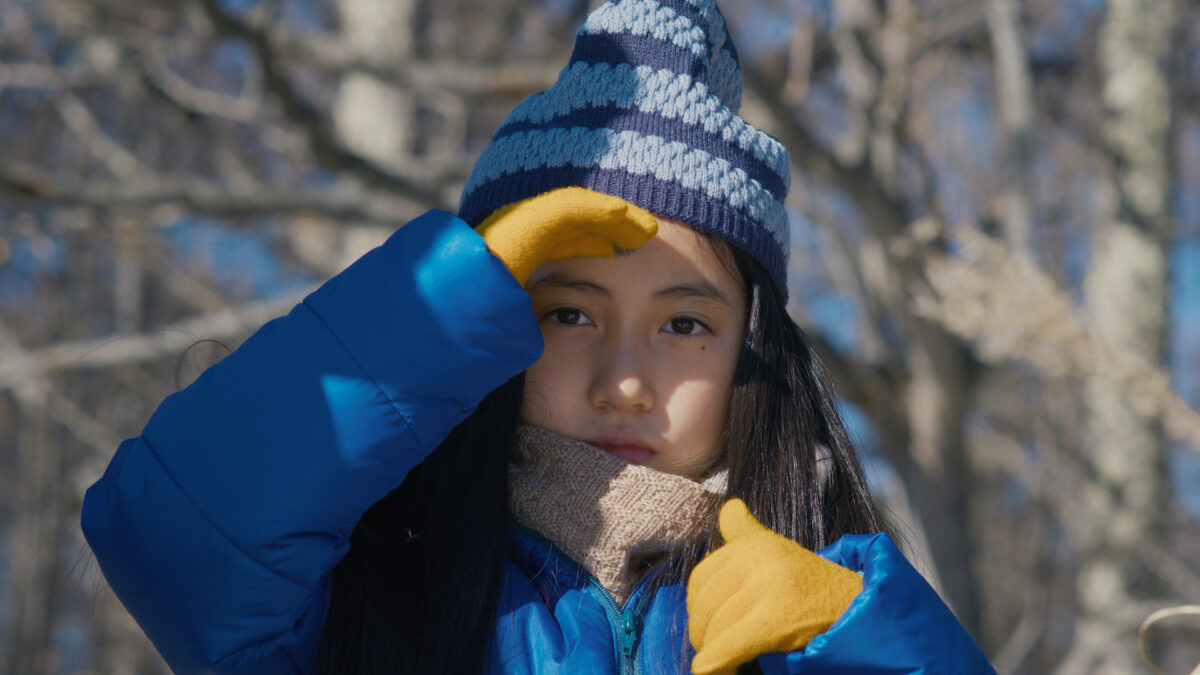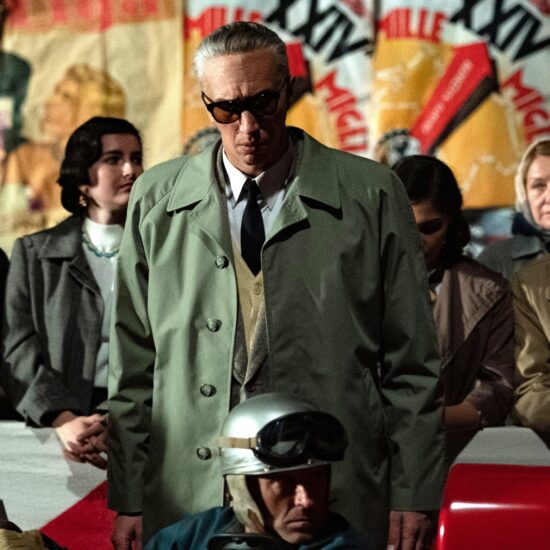
“Evil Does Not Exist,” the title of the latest film from “Drive My Car” director Ryûsuke Hamaguchi, is a bold statement to make in the year 2023. As it turns out in this eerie and elusive ecological tone poem about man, nature, and man’s nature, the statement is not necessarily something the Japanese filmmaker believes.
This made-in-secret and gently lilting film set in a bucolic village on the outskirts of Tokyo seems like a call for compassion on the surface — it centers on how the village’s inhabitants tangle with a corporation trying to set up a glamping site in their forest, only for the two opposing sides to eventually find common ground. But that entente proves a foil for a much darker twist Hamaguchi pulls in the film’s last act.
Long a humanistic filmmaker of festival fare blending fantastical imagination with languid character study, Hamaguchi saw his meteor rise far beyond his grasp two years ago with the awards season sensation of “Drive My Car.” That film was a three-hour relationship drama about a theater director trying to mount an adaptation of “Uncle Vanya” while tangling with his own grief and emotional culpability over the death of his wife. Hamaguchi, who speaks little English, found himself being ponied around the awards circuit and taking meetings in Hollywood.
The alienation of that experience — he’s admitted to never wanting to get too much bigger than his box as an independent filmmaker of small movies — led him to “Evil Does Not Exist.” The film began as footage for a performance piece in collaboration with “Drive My Car” composer Eiko Ishibashi before Hamaguchi realized the material had potential as a narrative feature.
“Evil Does Not Exist” is set in Mizubiki Village, an isolated forest community of modest means that’s hardly a tourist destination, until a corporation rolls in to propose building a glamping resort that will inevitably offset the harmony its villagers have created. Takumi (Hitoshi Omika, previously an assistant director on Hamaguchi’s “Wheel of Fortune and Fantasy”) and his small eight-year-old daughter Hana (Ryo Nishikawa) live a quiet life among the trees, splitting wood, gathering wild wasabi, and collecting water from a stream to be used for the village’s beloved udon restaurant. But the disintegration of their idyllic way of life is already preordained even before the threat of the resort — gunshots are heard in the distance as hunters close in on the local deer population, and Takumi forgets to pick up Hana from school, an ordered existence now beginning to fall out of rhythm.
The Tokyo tourism company sends a pair of in-over-their-heads publicists to field questions from the villagers regarding the glamping proposal, and they begin to doubt what they are doing as the residents insist that a proposed septic tank will sully their water supply and crush their own economy. Hamaguchi leisurely unfolds a town hall meeting in which everyone gets a chance to speak, but no resolutions are achieved. Later, the publicists share a long car ride while headed for a second visit to the village in which they talk about their dating lives, injecting humor into the screenplay while also humanizing the people representative of a supposed “evil.”
Hamaguchi makes no moral judgments on anyone, but as this emotionally evasive film unwraps, it becomes clear that anyone is capable of evil or wrongdoing — even the people living in the village. Takumi warns the interlopers that a three-foot fence would be needed to keep deer out of the glamping site; they can jump over two feet, and that starts to feel like a bad omen indeed when Hana stumbles upon the carrion of a deer, flies buzzing out of frame.
“Evil Does Not Exist” is a slow-moving film with few epiphanies and no answers to the questions it posits. The film’s reverence for nature and those maintaining its cycles reflects in its unhurried capturing of the village’s flora and fauna, long takes gazing upward at the topiary of the forest bookending the movie, Eiko Ishibashi’s accompanying score a mix of plaintive strings and discomfiting electronic background noise. “Evil Does Not Exist” is hesitant to reveal itself — until an ending reminiscent of Korean filmmaker Lee Chang-dong’s “Burning,” also centered on a man who decides he can take no more. This is slow, patient cinema that on its surface seems as serene as a Kelly Reichardt film, but has a darker, less hopeful attitude about life lived in a purer world the deeper you go.
Grade: B+
“Evil Does Not Exist” world premiered in competition at the Venice Film Festival. Janus and Sideshow will release it in the U.S. next year.















